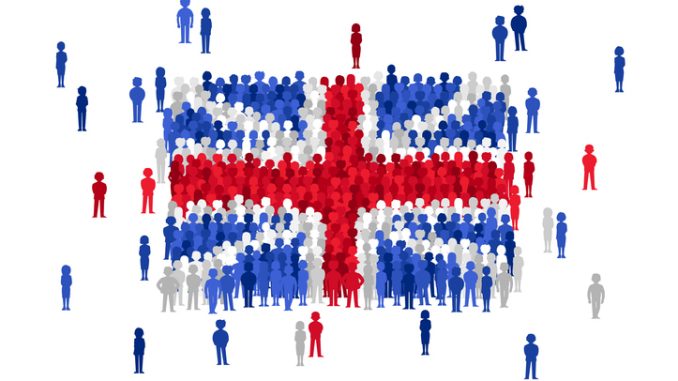
As reported by Largs and Millport news, the number of patients registered with GPs surpasses the population estimate, with around 5.8 million ghost patients, leading to calls for thorough investigations and list amendments by critics
So-called ghost patients refers to when more people are registered with GP practices than are in the population.
GPs are paid for patients on their list, meaning practices could be receiving millions of extra pounds for people who may not be real.
NHS Digital figures analysed by the PA news agency show 62.9 million patients were registered at a GP practice in England on November 1 last year.
This compares with Office for National Statistics estimates of 57.1 million people in England in 2022, meaning around 5.8 million ghost patients were registered with surgeries.
This is 61% higher than five years ago – 2018 data suggests there were around 3.6 million ghost patients.
GP surgeries received an average of £164.64 per registered patient in 2022-23, meaning practices could have received around £955 million for patients who might not exist.
The Royal College of GPs said surgeries “try hard to keep their patient lists up to date” and are not deliberately profiting by keeping more patients on their lists than are registered.
It said some patients, including babies, may not be included in the count, while others have left the surgery or moved elsewhere.
But the TaxPayers’ Alliance said the public are unfairly subsidising GP practices for patients who may not exist.
It called for lists to be amended if unknown users cannot be found.
In 2019, the NHS Counter Fraud Authority began formally investigating whether GPs were claiming for non-existent patients, but this investigation was halted and has not been reopened.
Tom Ryan, researcher at the TaxPayers’ Alliance, said: “When it comes to GP patients, the numbers simply don’t add up. Taxpayers are subsiding service users who may not even exist.
“Unless these missing patients can be found, funding for GP practices should be amended accordingly.”
Dr Victoria Tzortziou-Brown, vice chairwoman of the Royal College of GPs, said: “GP practices try hard to keep their patient lists as up to date as possible, but this relies on timely and accurate information about the movement of patients so that individuals are not inappropriately removed from a GP list.
“So-called ‘ghost patients’ are nothing sinister, and are not a case of surgeries deliberately profiting by keeping patients on their lists when they shouldn’t be there – they are a records management issue.
“This known discrepancy between the estimated size of the local population and the number of people registered at GP practices can occur for a number of reasons.
“In addition to list inflation, which incorrectly increases the count of patients, there are also issues associated with under-coverage.
“For example, babies can initially be recorded against their parent’s records and are not included in the national patient register until formally registered.
“People’s circumstances, and therefore our records, change all the time.
“Some practices, particularly in inner-city areas, have quite a high turnover. Our administrative staff spend a lot of time processing patients’ notes when we are informed that they have died, left the surgery or moved elsewhere.
“Recent developments enabling timely electronic transfer of patient records between practices when a patient moves can assist towards better accuracy of GP records in the future.
“GPs and our teams are currently working under intense workload and workforce pressures to ensure patients receive safe, timely and appropriate access to care and services.
“Data shows that numbers of patient consultations carried out in general practice are consistently exceeding pre-pandemic levels, with more than 32 million delivered in September, nearly five million more than the same month in 2019, but with 827 fewer fully qualified, full-time GPs than at the end of 2019.”
An NHS England spokeswoman said it works with GP surgeries to review and update patient lists “and it is vital that practices do this on a regular basis, so they are as accurate as possible”.
A spokeswoman for the NHS Counter Fraud Authority said: “The NHSCFA had planned to undertake an intelligence assessment on the nature and scale of GP capitation fraud in 2019.
“This was to improve our understanding of the risk posed to the NHS by fraud and error in general practice, primarily as regards GP capitation (this is the fixed amount of money that is paid to GPs for every registered patient).
“It was effectively halted by difficulties in obtaining core data and our priorities shifted from this position with the NHS response to Covid 19.
“We have not yet revisited the issue as we direct our resources to where the intelligence indicates the most appropriate priorities sit.”


Be the first to comment